
Doufuzhai Village of Xibanshan Mountain in Mengku Town, Lincang
Chinese Name: 勐库西半山:豆腐寨
English Name: Doufuzhai Village of Xibanshan Mountain in Mengku Town, Lincang
Tofu Village is another big tea village of Gongnong Village Committee(公弄村委会). It is now inhabited by all Han people and has more than 70 families. The Tofu village was formerly called Zhonghusai(中户赛) by the Lahu people in Xiaohuzhai(小户寨).
In 1950, more than 100 acre of tea plantations were planted at the end of Qing Dynasty and the beginning of the Republic of China. After 1952, more and more people moved in. More and more houses were built. Half of the old tea plantations were cut down. Today, only twenty or thirty acres of tea were left and enclosed in the middle of the stockade.
The Tofu village is a low-lying village in Gongnong. There are Wujia village(五家村) and Sanjia village(三家村) above Tofu village. The terrain of Wujia village is higher than that of the tofu village. The sea level is nearly 1800 meters. There is a Sanjia villages on it, one kilometer away. Sanjia village is the tea producing village with the highest altitude in Shuangjiang and Mengku, with an altitude of 2000 meters. Sanjia village can not only see the west half of the mountain(西半山), but also collect the Mengku dam under the mountain.
The ancient tea garden in Sanjiacun is just in front of the village. The trees are very close to each other. People can climb up trees to pick leaves without climbing down and climb directly to another tree. The main diameter of the tea tree in this ancient tea garden is more than 90 centimeters, and the tree age is at least 200 years.
Chinese Name: 勐库西半山:豆腐寨
English Name: Doufuzhai Village of Xibanshan Mountain in Mengku Town, Lincang
Overview
- Location: Doufuzhai Village (豆腐寨) is located in Mengku Town (勐库镇), Shuangjiang Lahu, Wa, and Blang Autonomous County, Lincang City, Yunnan Province. It is part of the Gongnong Village Committee (公弄村委会). Doufuzhai is positioned in a lower elevation area compared to its neighboring villages, such as Wujia Village (五家村) and Sanjia Village (三家村), with the latter being the highest tea-producing village in Shuangjiang and Mengku at an altitude of 2,000 meters. Doufuzhai itself sits at nearly 1,800 meters above sea level.
- Historical Context: Originally known as Zhonghusai (中户赛) by the Lahu people from Xiaohuzhai (小户寨), Doufuzhai was established during the late Qing Dynasty and early Republic of China. The village has been predominantly inhabited by Han people, with over 70 families residing there today.
Tea Production
- Historical Tea Gardens: In the 1950s, Doufuzhai had over 100 acres of tea plantations. However, after 1952, as more people settled in and housing expanded, many of the old tea plantations were cleared. Currently, only twenty to thirty acres of tea plantations remain, enclosed within the village.
- Tea Characteristics: Despite its relatively modest reputation compared to other tea-producing areas, Doufuzhai’s tea offers distinct qualities. The tea has a rich flavor profile attributed to its location at the base of the Bangma Snow Mountain (邦马大雪山). Initially, the tea has a strong, slightly bitter taste but mellows into a smooth, thick infusion with a yellow-green color and a lasting sweet aftertaste after some aging.
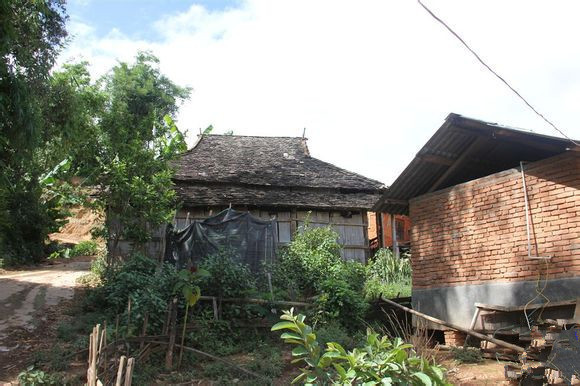
Village Features
- Tea Garden Environment: Doufuzhai Village has a picturesque setting with well-maintained houses and well-connected paths. The surrounding tea gardens and forests contribute to a serene and harmonious natural environment. The village’s tea gardens, though not extensive, are neatly interspersed with ancient tea trees, some with a diameter of over 90 centimeters and estimated to be at least 200 years old.
- Tea Garden Scale: The village’s tea garden area, though reduced from its original size, still retains a portion of its historical tea gardens. The close spacing of the tea trees in these ancient gardens allows for easy harvesting directly from one tree to another.
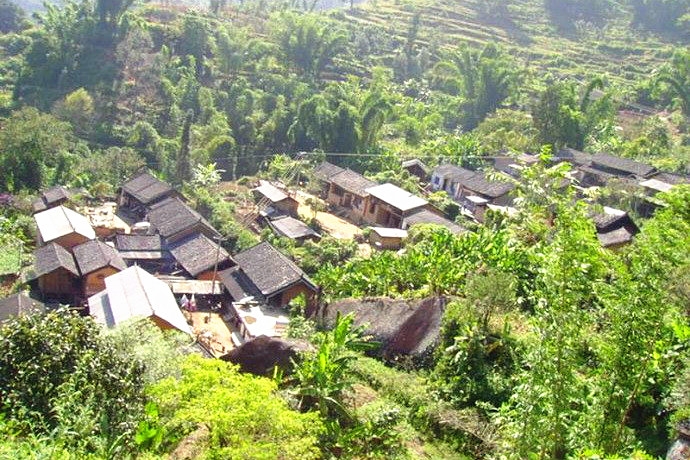
Tea Quality and Flavor
- Tea Characteristics: Doufuzhai’s tea, though not as renowned, is noted for its unique flavor profile. Initially, it presents a stronger bitterness, which evolves into a smooth, well-balanced taste with a rich, golden-green infusion. The tea’s texture is full and smooth, with a quick transition from bitterness to sweetness, making it a distinctive and enjoyable tea.
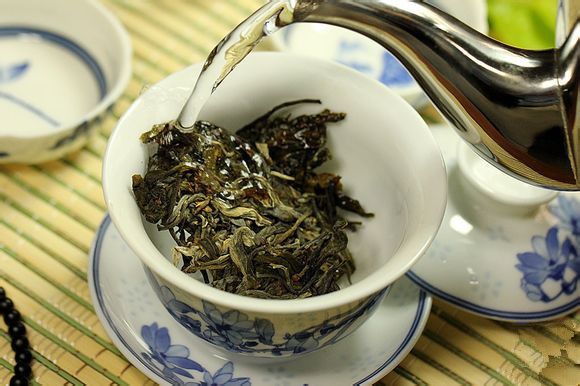
Summary
Doufuzhai Village, with its historical tea gardens and scenic location, offers a unique tea experience. Despite its lower profile compared to other tea-producing villages, the tea from Doufuzhai has notable qualities and a distinct flavor profile that reflects its heritage and natural surroundings. The village’s integration of traditional tea cultivation with modern practices ensures a high-quality product appreciated by tea enthusiasts.
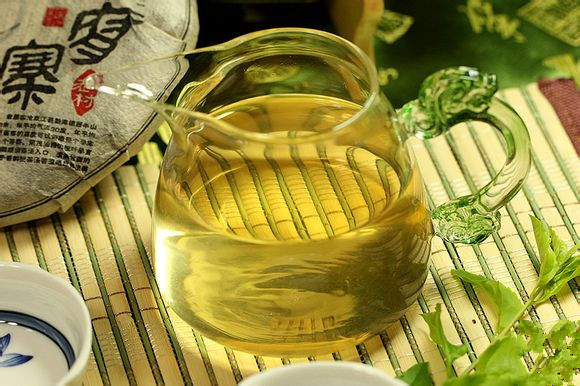
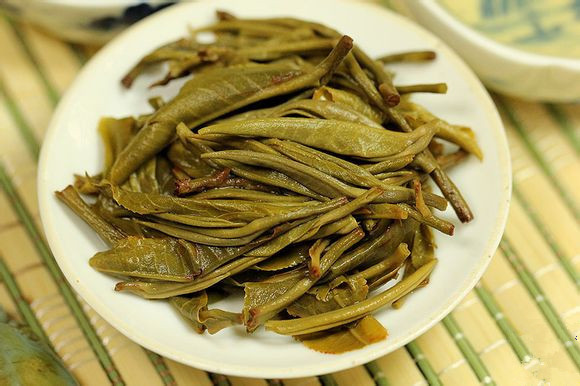
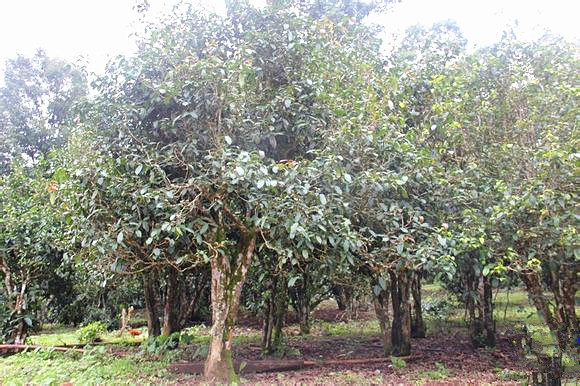
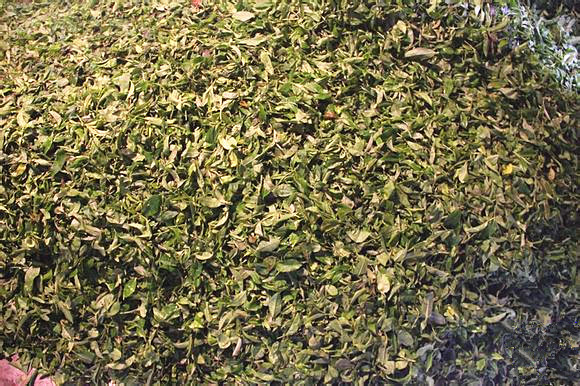

 7 Days GolfingTour
7 Days GolfingTour
 8 Days Group Tour
8 Days Group Tour
 8 Days Yunnan Tour
8 Days Yunnan Tour
 7 Days Shangri La Hiking
7 Days Shangri La Hiking
 11 Days Yunnan Tour
11 Days Yunnan Tour
 6 Days Yuanyang Terraces
6 Days Yuanyang Terraces
 11 Days Yunnan Tour
11 Days Yunnan Tour
 8 Days South Yunnan
8 Days South Yunnan
 7 Days Tea Tour
7 Days Tea Tour
 8 Days Muslim Tour
8 Days Muslim Tour
 12 Days Self-Driving
12 Days Self-Driving
 4 Days Haba Climbing
4 Days Haba Climbing
 Tiger Leaping Gorge
Tiger Leaping Gorge
 Stone Forest
Stone Forest
 Yunnan-Tibet
Yunnan-Tibet
 Hani Rice Terraces
Hani Rice Terraces
 Kunming
Kunming
 Lijiang
Lijiang
 Shangri-la
Shangri-la
 Dali
Dali
 XishuangBanna
XishuangBanna
 Honghe
Honghe
 Kunming
Kunming
 Lijiang
Lijiang
 Shangri-la
Shangri-la
 Yuanyang Rice Terraces
Yuanyang Rice Terraces
 Nujiang
Nujiang
 XishuangBanna
XishuangBanna
 Spring City Golf
Spring City Golf
 Snow Mountain Golf
Snow Mountain Golf
 Stone Mountain Golf
Stone Mountain Golf
















